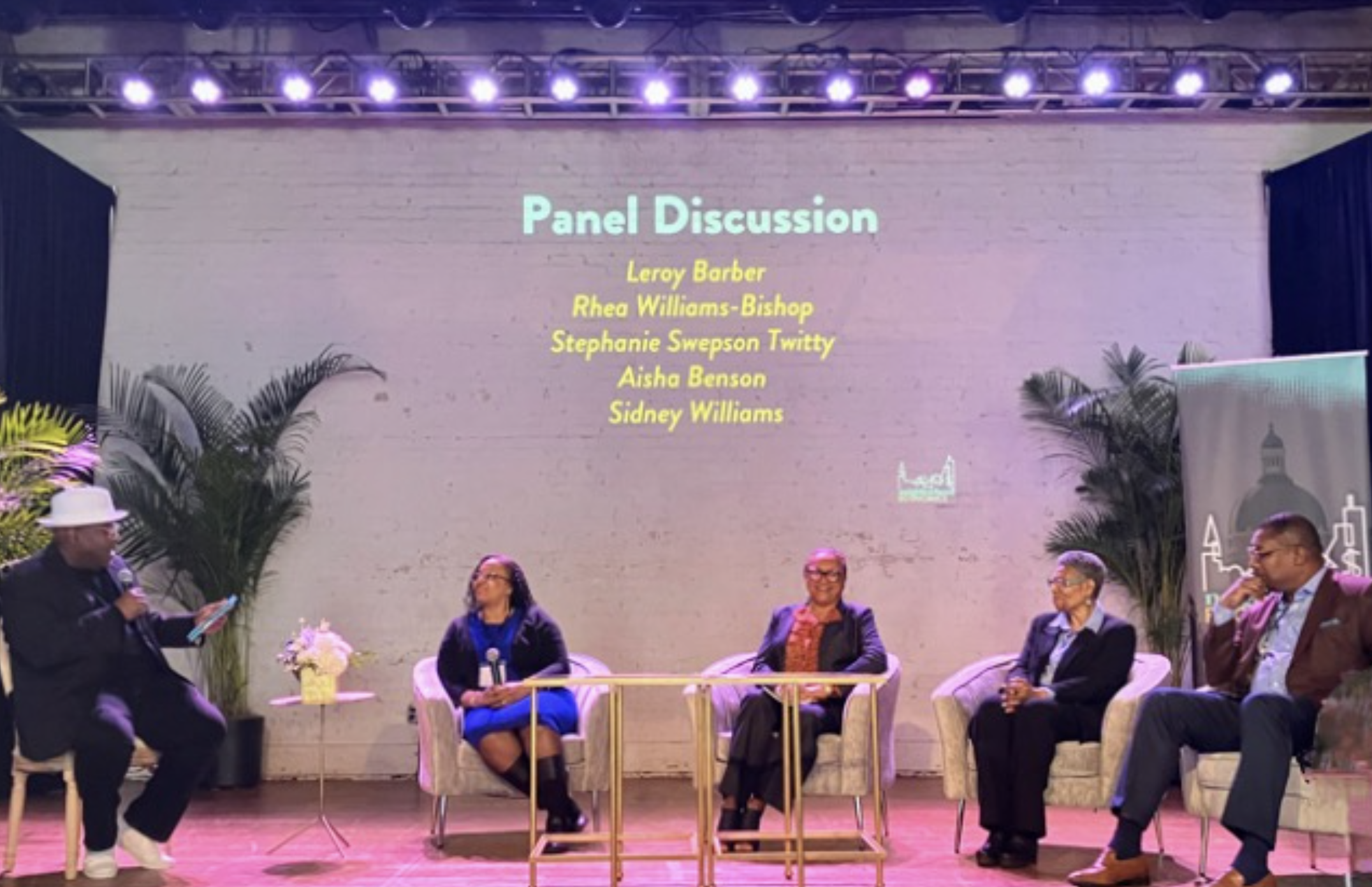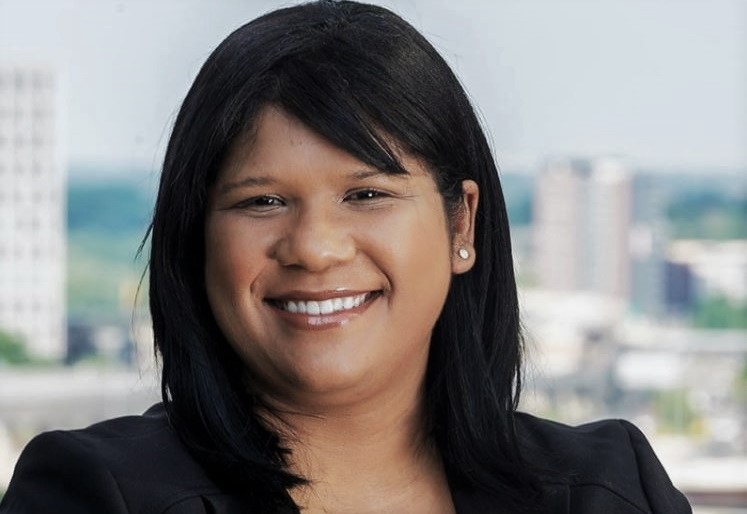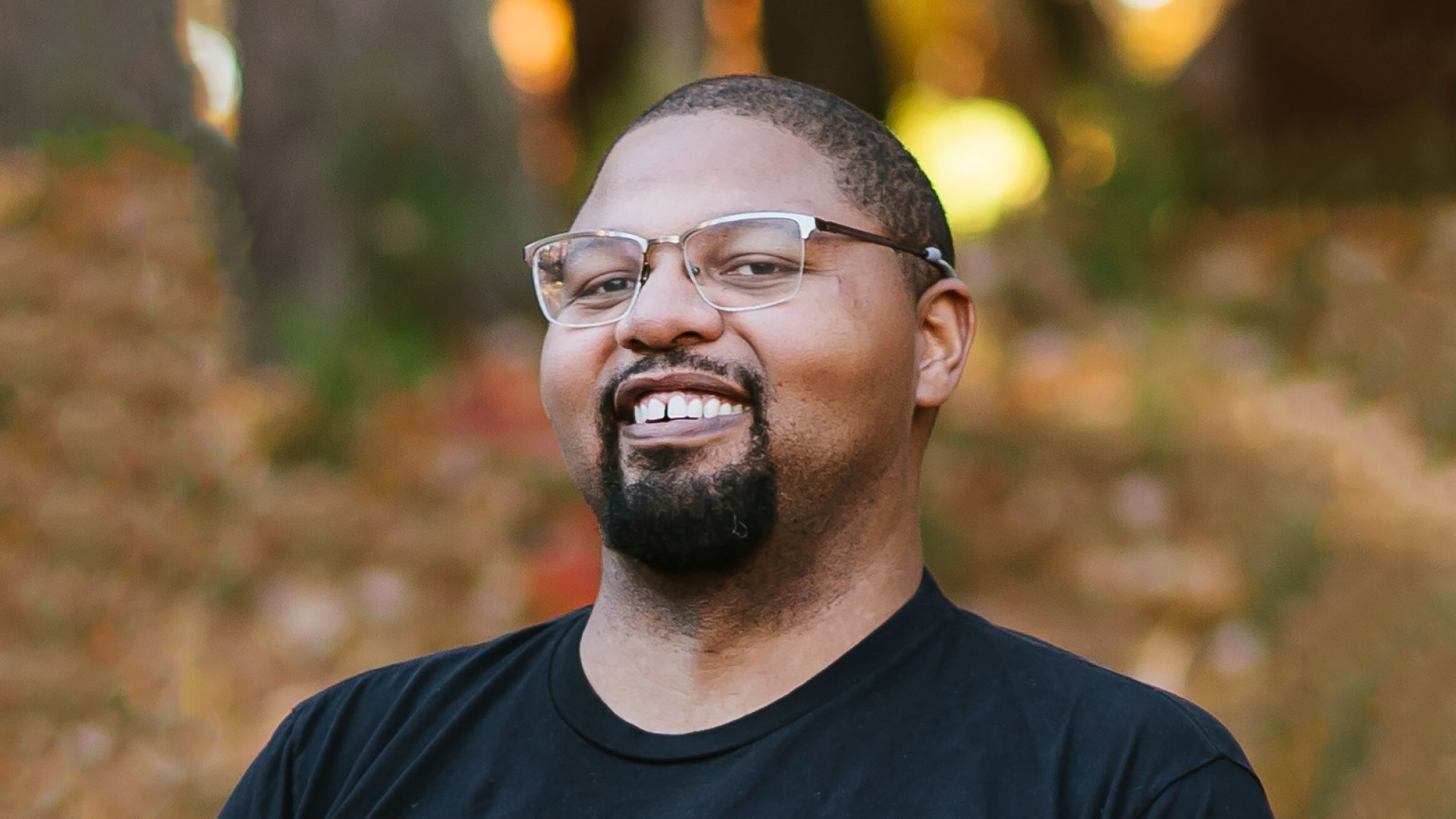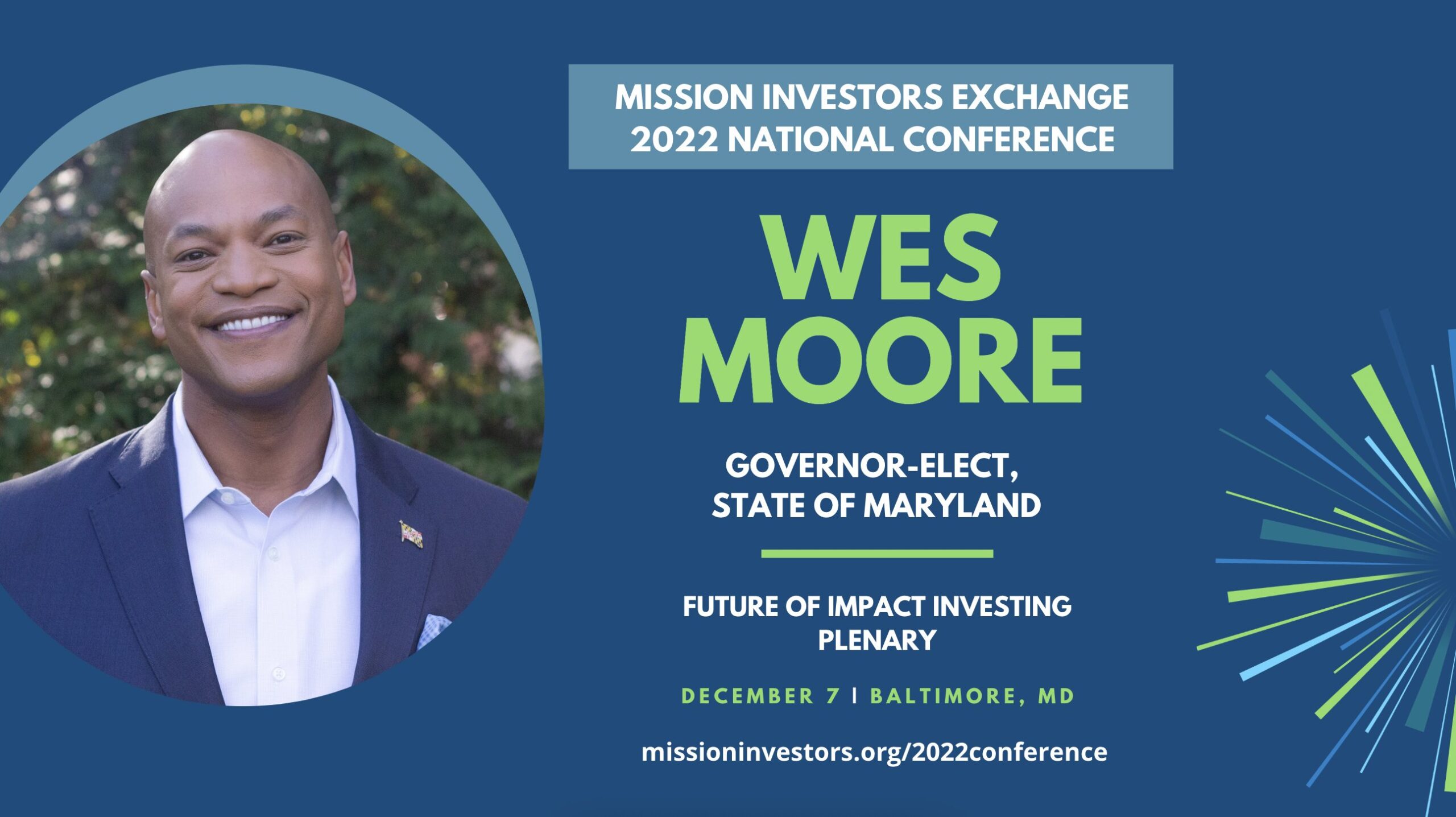ImpactAlpha, June 17 – The promise of freedom was kept from enslaved people in Galveston, Texas for two and half years after the Emancipation Proclamation. On June 19, 1865, Union troops arrived to deliver the not-fake news: Slavery was over. For the next dozen years or so, national policies of Reconstruction represented the promise of a second founding based on multi-racial democracy and broad-based prosperity. Congress on Wednesday voted to make Juneteenth a federal holiday.
“Juneteenth should be celebrated by all of us and for all of us,” writes Lisa Mensah of Opportunity Finance Network in a guest post on ImpactAlpha.
The challenge for our own Reconstruction is to close racial wealth gaps and end the persistent poverty that continues to stifle Black, rural, urban, and Native communities. McKinsey estimates that closing the racial wealth gap would add trillions to the economy over the next 10 years. “This is a day to reflect, aspire, and invest in the America we want to have for Black people, yes, but also everyone.”
- Third Reconstruction. The Rev. William Barber II of North Carolina is kicking off a year-long Poor People’s Campaign next Monday to build toward next summer’s “massive, generationally-transformative” Moral March on Washington and an assembly of poor people and low-wage workers (see, “A minister’s call for moral, as well as economic, revival”). The goal: Build support for “an omnibus vision for a fundamental restructuring of society that lifts from the bottom.”
- Community lending. Community financial institutions – banks, loan funds, credit unions, and venture funds – support hundreds of thousands of small businesses, millions of jobs, affordable housing, and essential community facilities. This week, the Treasury Department pumped nearly $1.3 billion in flexible grants into 863 community development financial institutions. Wells Fargo on Thursday made a $25 million grant to Opportunity Finance Network’s Finance Justice Fund, which aims to raise a billion for long-term, below market rate loans and grants to community lenders. Twitter last year committed $100 million. “Intrinsic to our collective freedom is financial freedom,” Mensah says. “Freedom and justice take money, and it ought to be invested directly in our communities.” Read Lisa’s full post.
- Real estate wealth. The first in a series of “Black Papers” from the Inclusive Capital Collective looks at innovative structures and models developed by Black, Indigenous, and other POC real estate developers. The new network of loan, equity and real estate funds and entrepreneur support organizations aims to create equitable access to capital and support BIPOC entrepreneurs and build community wealth. Says ICC’s Najaah Yasmine Daniels, “There’s no better time than now to actually invest in the work that has been happening behind the scenes within the community.”
- Black in tech. Big Tech and corporate America pledged to support Black workers, Black organizations and Black companies in the months after the murders of George Floyd, Breonna Taylor, Ahmaud Arbery. A year later, The Plug surveyed more than 40 companies with Fast Company to see if the pledges stuck. Respondents see progress, but “remain uncertain that the tech industry is truly committed to change beyond leveraging Black people for a good PR moment,” writes The Plug’s Sherrell Dorsey. Glimmers of hope: more funding for Black founders, more transparency in diversity reporting and a commitment to hire more Black workers.
- Systems investing. Neoliberalism is not fulfilling its promise of economic growth that benefits all. To address systemic racism, impact investors need to “get systemic,” say Common Future’s Rodney Foxworth and William Burckart of The Investment Integration Project in a guest post. On Common Futures’ agenda: universal basic income for Black entrepreneurs and worker-ownership opportunities for childcare workers who are disproportionately low-wealth women of color. Get their take.











